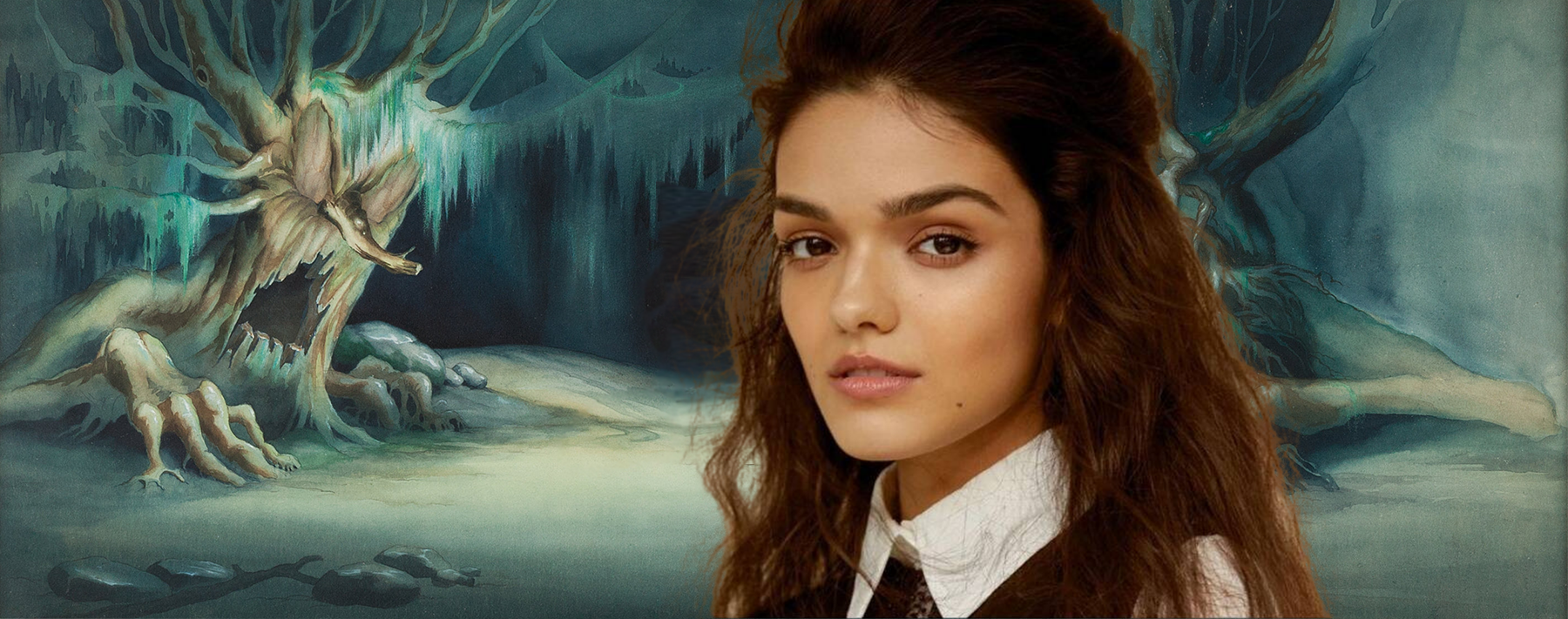With very few exceptions, I haven’t been a fan of Disney’s live-action adaptations of Renaissance classics or what they represent for their bottom line. Or, for that matter, how they rely on our childhood nostalgia to bring iconic films to a new generation but only end up with a clumsy copy of the original cartoon. But with Colombian-American actor Rachel Zegler being cast as Snow White in the upcoming remake, I can’t help but feel excited for both Zegler and the future of Latinx representation in Hollywood.
Unlike my Anglo-American friends, I couldn’t relate to Disney Princesses growing up. Sure, I shared Meg’s sarcasm, Ariel’s habit of singing at all times, and Belle’s love of reading and trouble fitting in but when Halloween came around, I didn’t feel comfortable dressing up as characters who didn’t look like me, like they weren’t mine to claim. When Disney released Elena of Avalor in 2016 with the “first Latina princess” tagline, I rejoiced, thinking at least my younger cousins could see themselves on screen. But quickly soon after, she was confirmed to not be Latina after all.
It’s fitting that, up to this point, there hasn’t been anyone like Zegler before. At just seventeen years old, she went viral on Twitter for her phenomenal cover of “Shallow” from A Star is Born, winning the role of Maria in Stephen Spielberg’s West Side Story (2021) a few months later. Earlier this year, she became the second-ever Colombian-American cast member in the DC cinematic universe after Sasha Calle was announced as Supergirl. To see her now snagging the iconic role of Snow White on top of everything she’s accomplished already is nothing short of radical.
Let’s not forget that the entirety of Snow White’s story is dependent on her fair European beauty, which is described literally as “white as snow” and invokes wicked jealousy in her stepmother. In 19th century Germany where the fairy tale originated, Snow White was created to fit the beauty standard and conform to racist and patricharl ideas of purity, chastity, and whiteness. But beauty standards haven’t changed all that much since then and, in every art and media adaptation since its inception, the character has been portrayed with pale skin.
And this isn’t the first time that Disney has cast actors regardless of background, culture, or race. In 2019, Halle Bailey made headlines when she confirmed she was appearing as Ariel in the twenty-first century adaptation of The Little Mermaid. In other remakes like Beauty and the Beast (2017) starring Emma Watson, the company made an effort to at least diversify their supporting cast, despite criticism that the decision wasn’t historically accurate. It definitely wasn’t perfect but it was a start.
With Bailey and Zegler, both approaches to their films so far feel separate from the others because they’re allowing the same stories to be told by different voices, especially when that story doesn’t hinge on a particular race or culture or when it perpetuates harmful colorist ideas.
But neither actor has been free from the backlash. Within hours of the initial announcement, Bailey received hate comments on her social media, trolls made Instagram pages defending the “real” Ariel, and lots of racist discussion ensued about why a Black woman couldn’t play a mermaid.
Zegler similarly had to push back against commentators this week, tweeting: “yes i am snow white no i am not bleaching my skin for the role” [sic], only to later delete it. Both instances go to show how far audiences will go to defend certain looks for fictional characters, and how much weight white supremacy still carries in the industry.
Still, it’s important to acknowledge the privilege Zegler carries as a lighter-skinned Latina receiving this kind of visibility and distinction. Latinx representation in any industry is few and far between, and only spotlighting a certain demographic of such a diverse group is doing far more harm than people realize. When Latinx movies like In the Heights (2021) drastically underrepresent Afro-Latinx folks in the conversation and on-screen, it’s clear who is making that media and who the industry thinks is worthy of representation. And nothing will change unless we’re willing to address our own colorism and racism, listen to who is being silenced, and ask why they need to shout to be heard in the first place.
For now, however, I have no doubt that Zegler, with all her voice and acting skills, will wow us in this role. Personally, I’m excited to see this extraordinary talent earning her long-awaited place on screen when West Side Story is released this December and, in a few years, giving my younger self the Disney Princess I’ve been waiting for all along.
—
Production for the untitled Snow White remake will begin in 2022.

